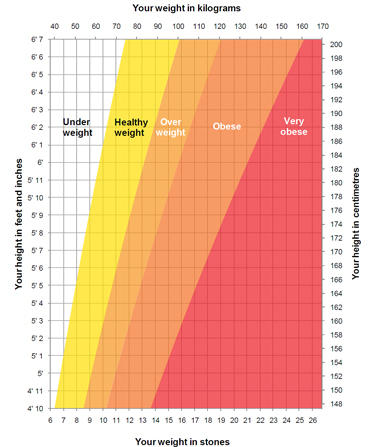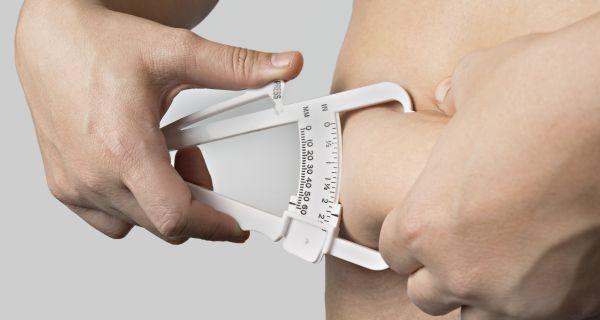The rise of dieting
Highlights
- Prescription weight-loss medications are often called diet pills.
- When combined with a well-balanced diet and regular exercise, diet pills can help some people lose weight.
- All weight-loss medications involve side effects and risks. Your doctor can help you decide if the potential benefits outweigh the risks for you.
Our fascination with food may be eclipsed by our obsession with losing weight. Weight loss often tops the list when it comes to New Year’s resolutions. Thanks to the popularity of weight-loss products and programs, American wallets are also getting billions of dollars slimmer each year.
We live a world where many people resort to extreme measures to lose weight. In this climate, products that promise extreme or rapid weight loss have created a great deal of suspicion and controversy.
There’s a difference between unregulated weight-loss supplements, and medications that have been approved by the Food and Drug Administration (FDA) to help people lose weight. Some people may benefit from using these FDA-approved medications under their doctor’s supervision, if they also follow a healthy diet and exercise regularly. Here’s what you need to know about these so-called diet pills.
Are diet pills the answer?
Most health professionals agree that the healthiest method for losing weight is getting regular exercise and eating a well-balanced diet of moderate portions of healthy food. Understanding and modifying your attitudes about eating also are critical to weight loss.
According to guidelines from the American Heart Association and American College of Cardiology, a combination of a healthy diet, increased exercise, and behavioral therapy can help people lose 5 to 10 percent of their weight in their first six months of treatment.
But for some people, this isn’t enough. Your doctor can help you determine if you’re a good candidate for prescription weight-loss medications, often called diet pills. According to the guidelines, they might be a good fit for you if you:
- have a body mass index (BMI) of 30 or greater
- have both a BMI of 27 or greater and obesity-related health conditions
- haven’t been able to lose one pound per week after six months of diet, exercise, and behavior changes
The Centers for Disease Control and Prevention provides an easy-to-use calculator to help you determine your BMI. The index provides a measure of your body fat based on your weight and height. If you’re very muscular, it may not provide an accurate indicator of your weight status. Ask your doctor about the best way to calculate your status.
In most cases, pregnant women, teenagers, and children shouldn’t take diet pills.
Diet pill controversy
Weight-loss medications are highly controversial. A number of products have been taken off the market after causing serious health problems. One of the most notorious was a combination of fenfluramine and phentermine that was marketed as Fen-Phen. This product was linked to a number of deaths, as well as cases of pulmonary hypertension and damaged heart valves. Under pressure from the FDA, the manufacturers removed the product from the market.
I do prescribe diet medications occasionally, but I am hesitant. There are many side effects that need to be monitored, including blood pressure, heart rhythms, and mood. Dr. Romy Block, endocrinologistBecause of this history and the side effects associated with weight-loss medications, many doctors don’t like to prescribe them. Dr. Romy Block, an endocrinologist practicing in Skokie, Illinois, says: “I do prescribe diet medications occasionally, but I am hesitant. There are many side effects that need to be monitored, including blood pressure, heart rhythms, and mood.”
Block adds that most people only lose 5 to 10 pounds from taking weight-loss medications. “This is considered significant by the medical community, but is very disappointing to patients. Unfortunately, this modest weight loss is quickly gained back when patients stop the medication.”
FDA-approved diet pills
Weight-loss medications work in different ways. Most either suppress your appetite or reduce your body’s ability to absorb fats from food. Certain antidepressant, diabetic, and anti-seizure medications are sometimes prescribed to aid weight loss too.
For short-term use, the FDA has approved the following weight-loss drugs:
- phendimetrazine (Bontril)
- diethylpropion (Tenuate)
- benzphetamine (Didrex)
- phentermine (Adipex-P, Fastin)
For long-term use, the FDA has approved the following drugs:
- orlistat (Xenical, Alli)
- lorcaserin (Belviq)
- phentermine/topiramate (Qsymia)
- naltrexone/bupropion (Contrave)
- liraglutide (Saxenda)
Should you consider taking diet pills?
Beware of products that promise quick and easy weight loss. Over-the-counter supplements aren’t regulated by the FDA. According to the FDA, most of those products don’t work, and some of them are dangerous. Federal regulators have found products marketed as diet supplements that contain drugs that aren’t approved for use in the United States.
FDA-approved weight-loss diet pills aren’t a magic bullet for weight loss. They won’t work for everyone, all of them have side effects, and none of them are risk-free. But the modest benefits they provide may outweigh the risks if your obesity-related health risks are significant.
Ask your doctor if prescription weight-loss medications are right for you. Your doctor can provide more information about safe and effective strategies to lose excess pounds and maintain a healthy weight.
-
Trying to lose weight with a gluten-free diet? Read this
-
10 tricks to help you eat less
-
How green tea can help you beat cravings and lose weight
-
What you can learn from Naini Setalvad’s amazing weight loss story
-
4 types of chips to avoid and 3 types you should eat when trying to lose weight
-
Weight Loss Strategies
It seems like everyone wants to offer their advice whenyou are on a di
- DON'T MISS
- 10 diet secrets of the slim (Video)
- 6 healthy reasons you should include lemon zest in your food
- Revealed — HIIT burns most calories
- Must-try drill for weight loss: The 55
- She’s in a wheelchair and has lost weight. So why can’t you?
- Exercises to lose weight from your upper body
- This Indian herb with warm water will help you shed those kilos
- Calculate how much weight you’ll lose in a month (Quiz)
- Jumping jack — your key to killer butt and legs
- What is greencoffee bean extract?




